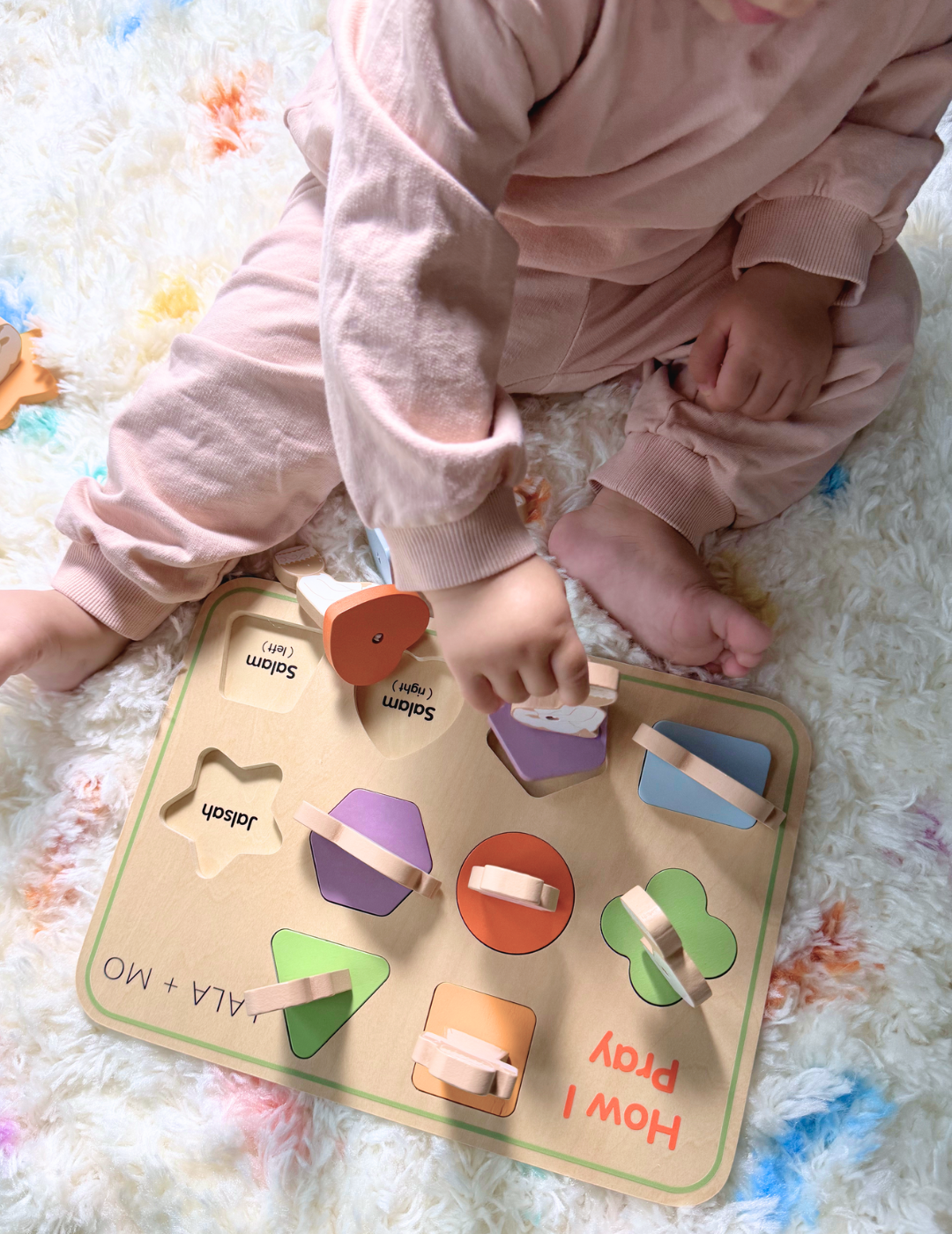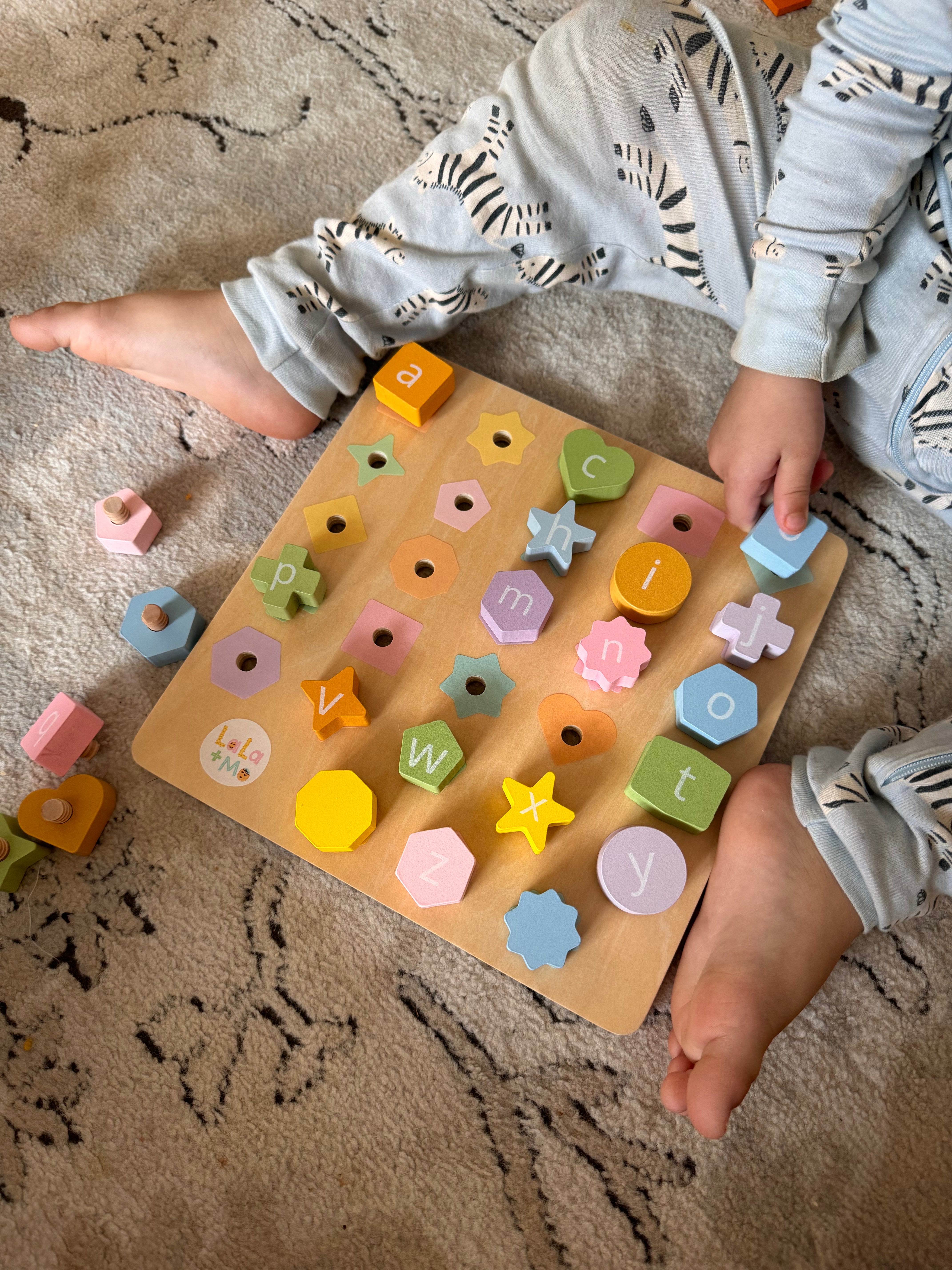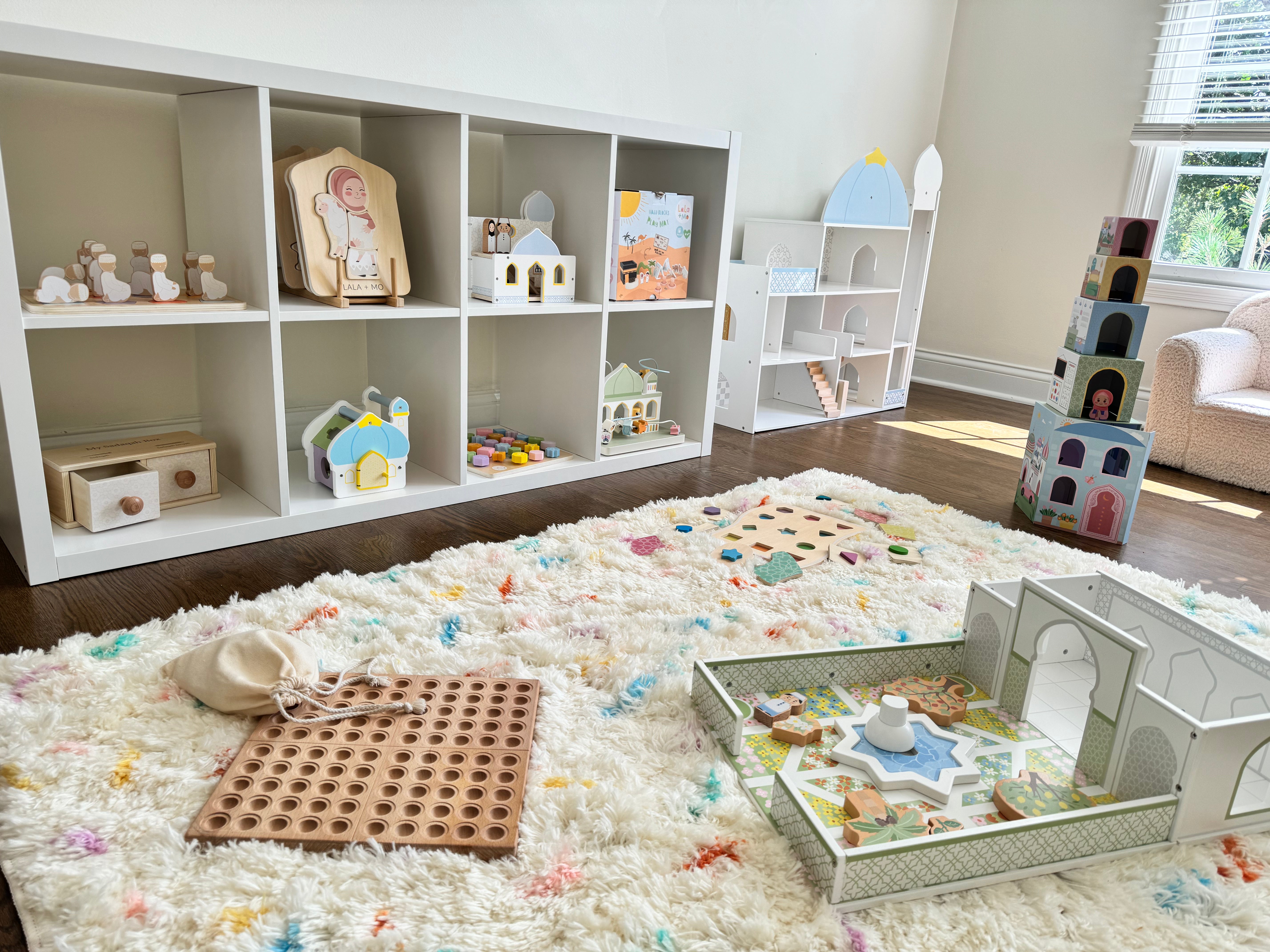
Teaching Islam and Quran When You Don’t Speak Arabic: A Guide for Parents
As a parent, you want your children to grow up with a strong connection to the Quran and an understanding of Islam, even if you don’t speak Arabic. The good news is that fostering this connection doesn’t require fluency in the language. With a bit of intention and creativity, you can create a meaningful learning experience for your kids that deepens their love for Islam.
Here’s how you can help your children connect to the Quran and Islamic teachings even without knowing Arabic.
1. Embrace Translations to Connect the Dots
Understanding the words we recite can make all the difference. Invest in a high-quality translation of the Quran in your native language, and make reading it part of your daily or weekly routine with your children. You can start by reading the translation of a short Surah together, discussing what it means in a simple way they can understand. This practice gives them context and helps them connect the dots between the Arabic they’re learning to recite and the meaning behind the words.
Tip: Choose a translation that is easy for children to understand, and go through it at a pace that suits them. Even a few lines at a time can spark insightful conversations!
2. Focus on the Basics: Daily Duas and Adhkar
One of the easiest ways to bring Arabic into your home is by learning the meaning of daily duas (supplications) and adhkar (remembrances). These are short, easy-to-memorize phrases that can be recited throughout the day—before meals, when leaving the house, and before bed. Learn the translations and share them with your kids, explaining when and why we say them. Even if they only memorize a few, they’ll grow up with a sense of peace and mindfulness, knowing that they’re calling on Allah in each moment.
Example: When saying Bismillah before eating, explain that it means "In the name of Allah," and reminds us to be grateful for the food we have. Simple explanations like this can make a big impact.
3. Use Visuals and Stories to Bring Surahs to Life
For young children, visuals and stories can be powerful tools. Choose a few short Surahs that you recite regularly—like Al-Fatihah, Al-Ikhlas, or An-Nas—and learn the general meaning behind them. Use visuals, storybooks, or even simple drawings to explain the context and main message of each Surah in a way that’s accessible to your children. If you can, find videos or interactive apps that include translations and visuals for kids; these can make learning even more engaging.
Example: For Surah Al-Fil, you could explain how Allah protected the Kaaba from an army with elephants, bringing a bit of wonder and appreciation for Allah’s power and mercy.
4. Make Time for Quran Reflection
Even if you don’t speak Arabic, you can still make the Quran part of your child’s life by reflecting on its lessons together. Pick a short verse each week, look up its translation, and discuss it as a family. This could be as simple as “Indeed, with hardship comes ease” (Surah Ash-Sharh, 94:6). Ask your kids how this verse makes them feel and if they can think of times when they faced a challenge but later felt relief. This kind of reflection can help them feel a personal connection to Allah’s words.
5. Prioritize Understanding Over Memorization
While memorization is a wonderful practice, it’s even more impactful when kids understand what they’re saying. Encourage them to focus on the meaning of each verse or dua they memorize, and remind them that understanding is as valuable as recitation. This approach reinforces that Islam isn’t just about rote learning; it’s about truly connecting to the message and living by it.
6. Make It Intentional and Personal
Create moments of intention around Islamic teachings, whether it’s through simple family rituals or intentional conversation. For instance, each morning, remind each other to say Alhamdulillah when you’re grateful, or encourage them to ask Allah for help with something they find difficult. By weaving these expressions into your daily routine, you’re showing your children that Islam is not just a practice, but a source of comfort and connection to Allah.
Tip: Use bedtime or family dinners as times to reflect on the day and discuss how Allah’s guidance helped each of you.
7. Encourage Curiosity and Questions
If you don’t know the answer to a question about Islam, treat it as an opportunity to learn together. Show your children that it’s okay to ask questions and to seek knowledge. This approach helps them build a mindset of lifelong learning and gives them the confidence to explore their faith at their own pace. You could also invite an Arabic-speaking friend or family member to join in on certain topics, helping your kids experience the beauty of Arabic from native speakers.
8. Set the Example
Lastly, remember that your actions are the most powerful form of teaching. Kids learn by watching, so if they see you taking time to read Quran, saying Bismillah and Alhamdulillah throughout the day, and approaching faith with curiosity, they’re likely to follow suit. Your own efforts to learn, no matter your level, will encourage them to appreciate the value of Islam and its teachings.




